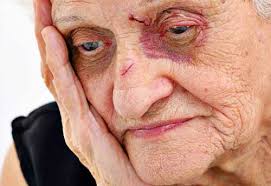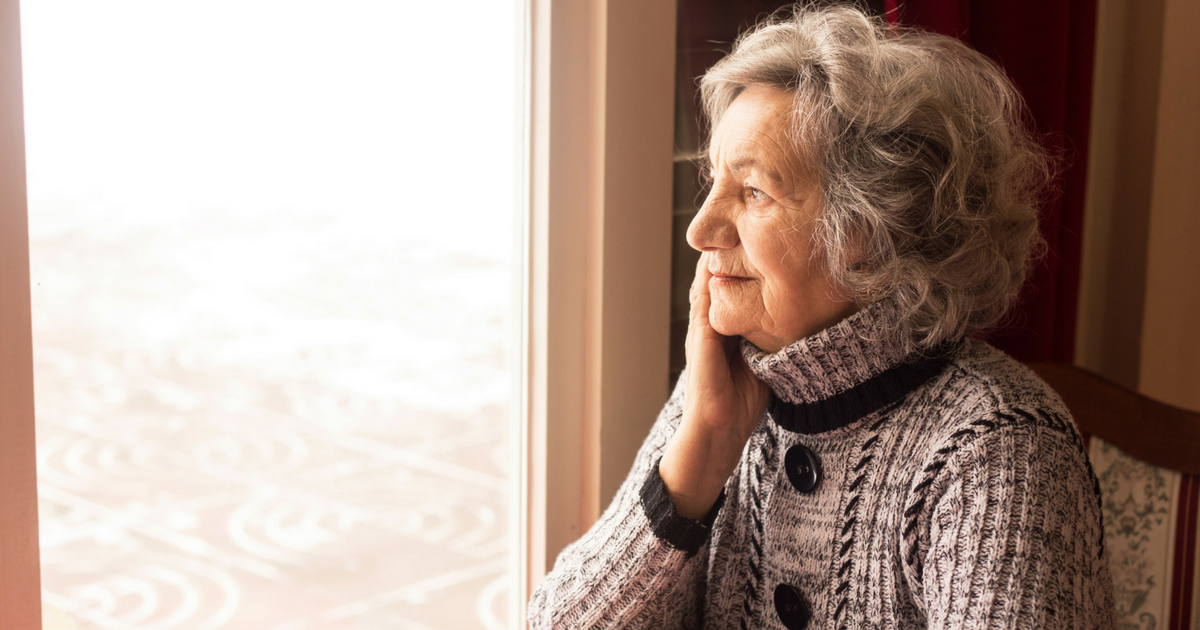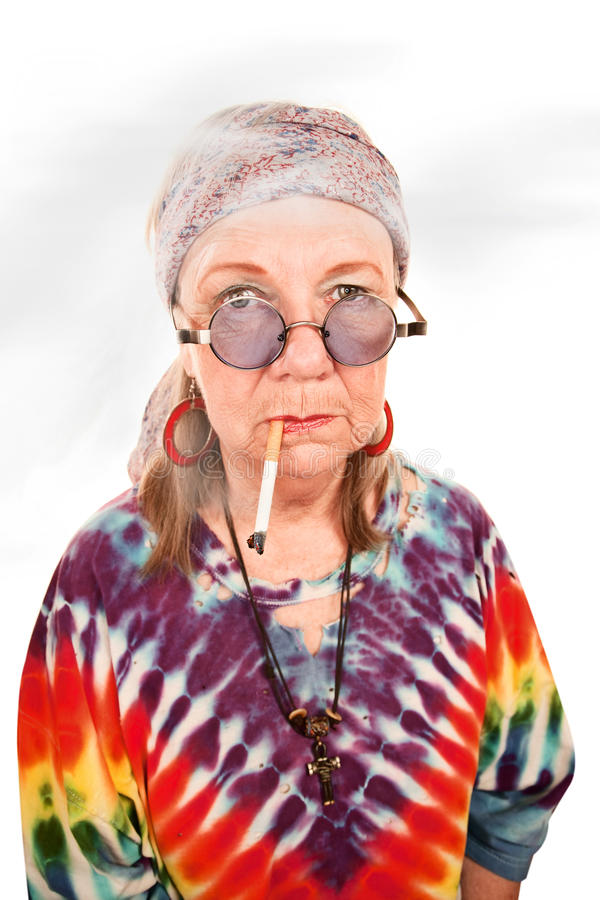I have witnessed first hand nursing home and assisted living facilities giving seniors heavy medication in order to just keep them quiet, sometimes even restraining them. The New York Times recently wrote a story about this practice saying that 1 in 5 nursing homes prescribe Antipsychotics, which are extremely dangerous to give to the elderly, particularly those with Alzheimer’s disease and Parkinson’s. The story highlighted David Blakeney, who entered a nursing home with severe dementia. He was restless and agitated and the facility’s physician wanted to prescribe Haldol, a powerful sedative. “Add Dx schizophrenia for use of Haldol,” read the doctor’s order, which essentially added another diagnosis of schizophrenia despite the fact that there were no signs the patient had that condition. These types of drugs are commonly referred to as chemical straightjackets and, unfortunately, they can nearly double the chance of death from heart problems, infections, falls and other ailments for seniors with dementia. But with nursing homes understaffed, it’s an easy solution to just sedate more patients so they can be handled with less staff. The patient in the Times article died at the early age of 64 just eight months after being put on Haldol, but not before suffering devastating weight loss, pneumonia and the amputation of one of his feet due to severe bedsores. This should not happen in this country. If you have a loved one in a facility, regularly ask for a list of prescriptions that they are on. This is all too common.
https://www.nytimes.com/2021/09/11/health/nursing-homes-schizophrenia-antipsychotics.html








